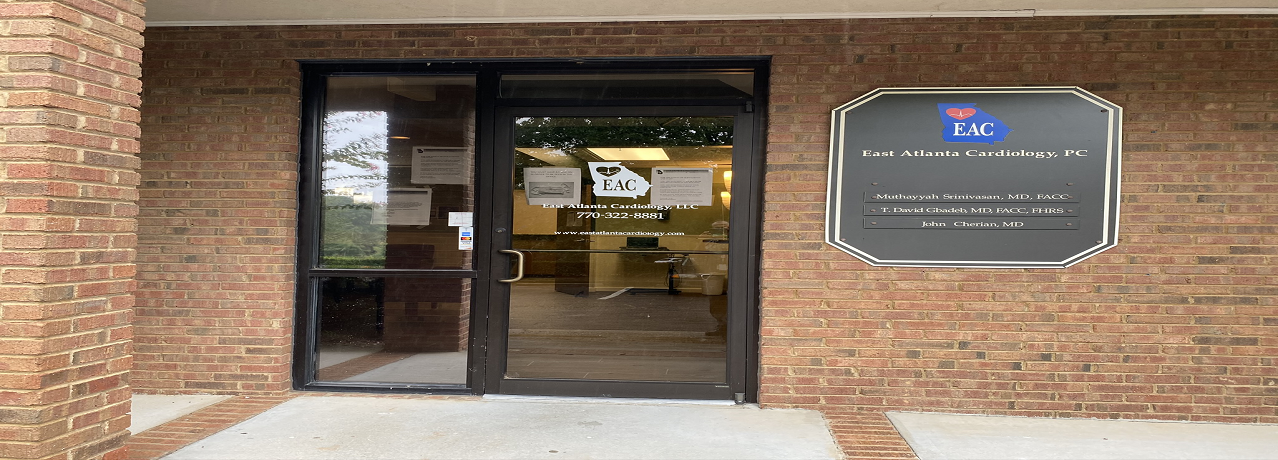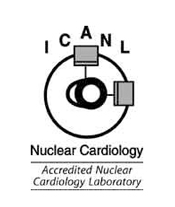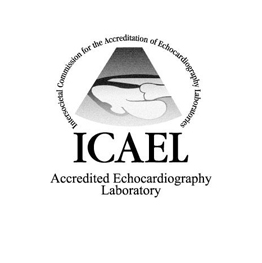
OUR TECHNOLOGY
Excellence in Cardiovascular Care
Cardiac Ablation
What is Cardiac Ablation?
Cardiac ablation is a procedure that can correct heart rhythm problems (arrhythmias). Cardiac ablation works by applying thermal energy heat of cold to relevant areas in the heart that triggers or sustains an abnormal heart rhythm. In some cases, cardiac ablation prevents abnormal electrical signals from entering your heart and, thus, stops the arrhythmia. Cardiac ablation usually uses long, flexible tubes (catheters) inserted through a vein or artery in your groin and threaded to your heart to deliver energy in the form of heat or extreme cold to modify the tissues in your heart that cause an arrhythmia. This procedure is performed in the hospital.
What to expect before procedure?
An evaluation including several tests is performed to assess heart function. You will provide a list of all medications, and the physician may ask to discontinue some of them before the procedure. Do not eat after midnight the night before the procedure.
What to expect during the procedure?
Conscious sedation is often given through an intravenous line into your forearm or hand and you will be given a mild sedative to help you relax before the procedure. A part of your arm or groin will be cleaned (and possibly shaved) and anesthetized. A small incision is made and a catheter is inserted into the blood vessel and moved up to the heart. The physician will inject dye into the catheter, which helps to see your blood vessels and heart using X-ray imaging. The energy is delivered in the form of heat or extreme cold to scar the region and hence form a barrier that prevents abnormal electrical signals from traveling to the rest of the heart. The catheter is removed and the opening is damaged.
What to expect after procedure?
Following your procedure, you’ll be moved to a recovery area to rest quietly for few hours. The patient may be allowed to go home on the same day or may require a hospital stay. You may feel a little sore after your procedure. The soreness shouldn’t last more than a week. You’ll usually be able to return to your normal activities within a few days after having cardiac ablation.





